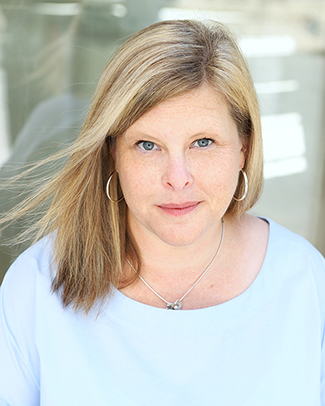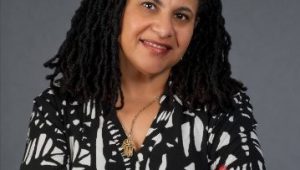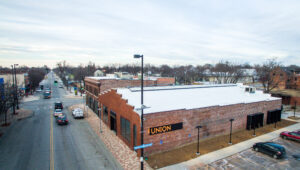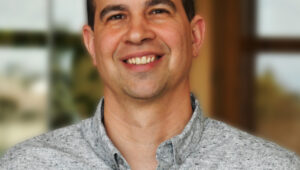Where is your work focused?
My work is three-fold and the three efforts are in constant conversation. I coach arts workers through change, ideation, stickiness, burnout and perspective shifting; I am the Executive and Artistic Director of a performing arts center at the University of Wisconsin – Green Bay; and I have recently led the Greater Green Bay area through a year-long assessment of its creative sector called Spark GGB. We are getting ready for a communication tour to share those findings. I think of the areas in which I work collectively as a “dolly out shot” – first in a close-up of the individual through coaching, then pulling back into a wide shot of the organization I lead and finally a panoramic shot of the sector as a whole. The music that underscores that film is my own artistic practice.
I spend a great deal of time wondering how much is true for arts and culture as a whole and what is special about this specific place and the people with whom I work. After living in Chicago for twenty-five years of my arts career, I am learning what an eco-system for the arts is where there is less density. The footprint I serve includes very rural places, two tribal nations and a small port city that faces all of the challenges associated with a growing city – affordable housing, infrastructure, public education, racial and social-economic equity.
I am interested in how to support a community that wants to invest in the arts for downtown revitalization, talent attraction and retention, tourism and all of those other economic development buzzwords, all the while knowing that this is this community’s first attempt to put meaningful infrastructure around the sector at large. That means we have the opportunity to bake equity into the way we are working and plan to work in the future. I am interested in where we will succeed and where we will fail. I am interested to see how, when we do sometimes fail, we get back up and keep going.
What’s the biggest challenge your work faces?
Knowing when to go slow and when to go fast. There are moments (we all know these moments), when a few things align and we have to run and jump. But there is a pitfall with that running and jumping…you fall into the rhythm of a breakneck pace and you just keep jumping and jumping and jumping. Soon you begin to wonder if you have the gas to keep the work going, or even worse, you miss an important voice in the conversation because you were moving too fast. Strengthening an entire sector to serve 300,000 people is difficult and takes time. So pacing and perspective are important. I moved here in order to have greater access to trees, water and sky. And yet, I still get swept up and forget to breathe them in.
How has NAS assisted your project/your work throughout the years?
People, people, people. I have developed a network of probably 100 people that I could call or text without hesitation, to make a recommendation or connection, or to visit in nearly any place I find myself. I find the framework of how and when I participate in NAS programming to be flexible and permeable. I was originally in the 2015 CEO Cohort, am now in the Coaching Collective and have dropped into various gatherings over the year. I appreciate that there is always enough room for people to bring their entire selves to NAS programs, so the relationships I have built reflect that – they are complex and multi-faceted. In short, they are real.
How can the NAS community learn more about the work you do?
You can hear what I’d like to say to all of the people who don’t work in the arts in my TEDx talk, Who Cares About the Arts here:
You can read the executive summary or all 145 pages of the full Spark GGB report of our region’s arts and culture assessment here:
https://greenbayart.org/spark-ggb/
You can read about my coaching (along with my fellow amazing NAS Coaches) here:
https://www.artstrategies.org/nas-coaches/
If you live in a small or medium midwestern city that serves surrounding rural communities and are about to embark upon a major investment in the arts (and word on the street is that there are quite a few), please feel free to reach out so that we can find a time to chat. I’m happy to share our failures and victories thus far.



